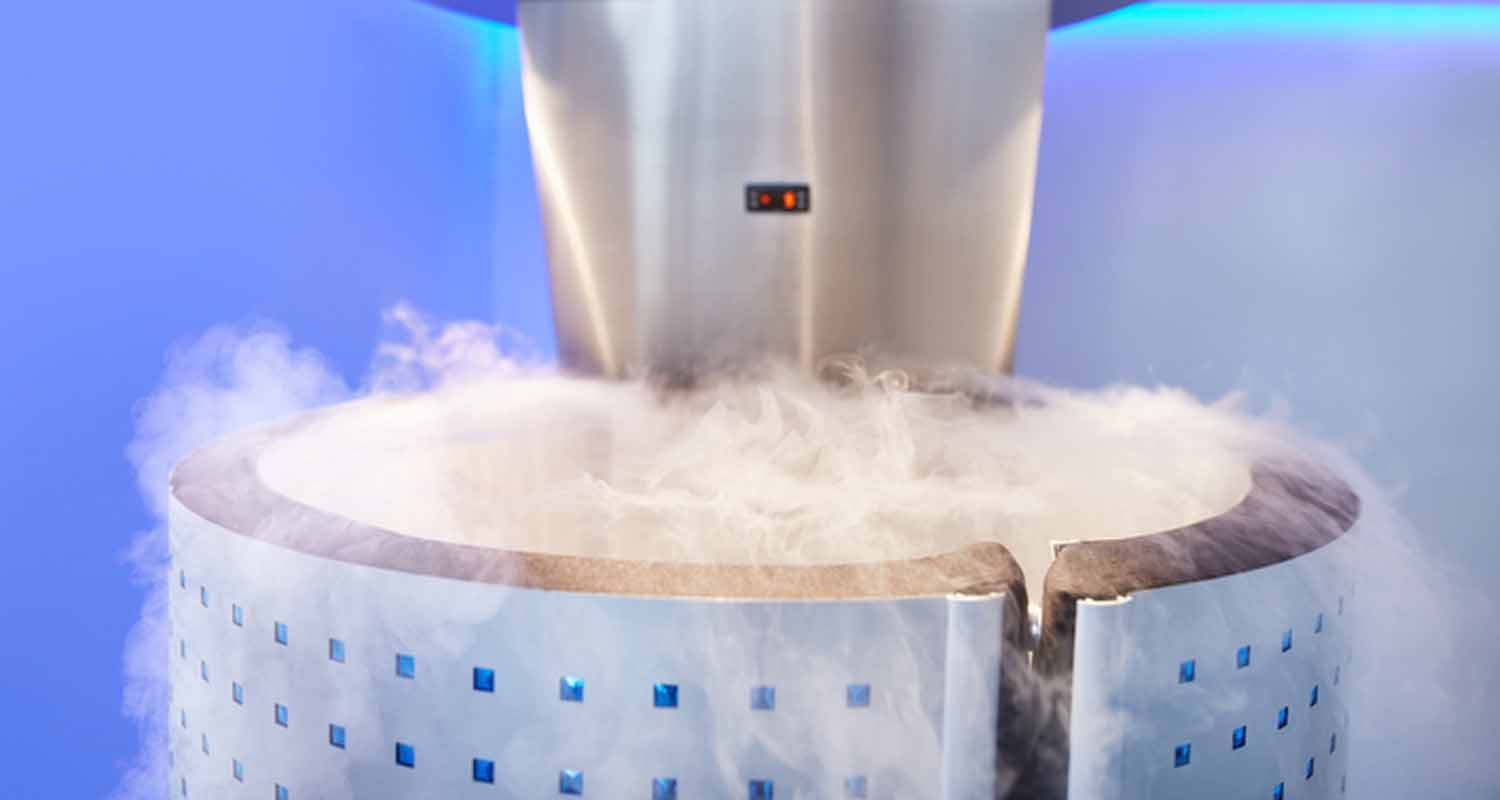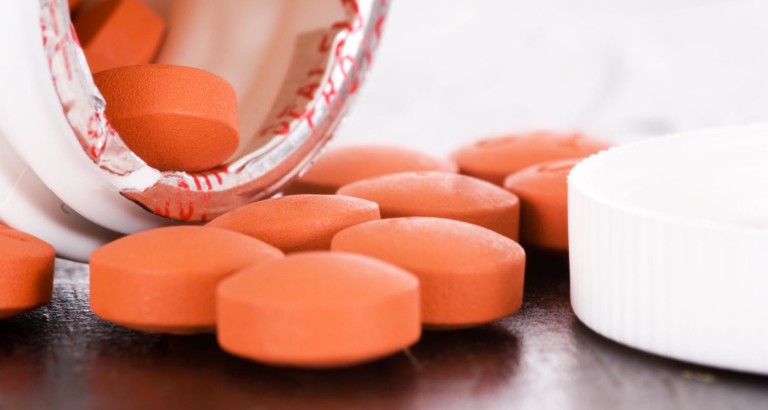
[tldr]
- Nonsteroidal anti-inflammatory drugs (NSAIDs) like aspirin, ibuprofen, and naproxen can do you more harm than good.
- NSAIDs can damage your gut lining, wreck your gut bacteria, and increase your risk of heart attack and stroke.
- There are better ways to hack pain and inflammation. Some of your best natural pain relief options are cryotherapy, compresses, herbal remedies like curcumin and Boswellia, PEMF therapy, and TENS.
- NSAIDs are not the best way to deal with pain or inflammation. You have a lot of other natural options. Try them and see what works for you. [/tldr]
My road to discovering natural pain relief was a long one. Years ago, when I was inflamed and weighed 300 pounds, my doctors said I should take NSAIDs (think aspirin, ibuprofen, and naproxen) every day. A lot of mainstream doctors suggest ibuprofen or aspirin for managing chronic pain and inflammation.
I didn’t know any better at the time, so I followed their advice and took ibuprofen daily. It wrecked my gut, stressed my liver, and destroyed my sleep.
I’m not saying NSAIDs are useless. They have their place. If you’re recovering from surgery or a major injury, traditional over-the-counter pain relievers are good for controlling inflammation, swelling, and pain, but NSAIDs are far too powerful for over-the-counter, everyday use. Unlike a lot of natural pain relievers, NSAIDs also don’t address the cause of inflammation or pain; they just mask the symptoms.
If your doctor suggests you take an NSAID long-term, I would look for a functional medicine doctor and get a second opinion. There are safer, natural pain relief options to deal with chronic inflammation and pain.
Ahead, I discuss the downsides to NSAIDs, and offer my go-to natural pain relievers for inflammation that you can use instead of popping ibuprofen or aspirin.
Why natural pain relievers are better for you
1. Ibuprofen, aspirin, and other NSAIDs damage your gut lining
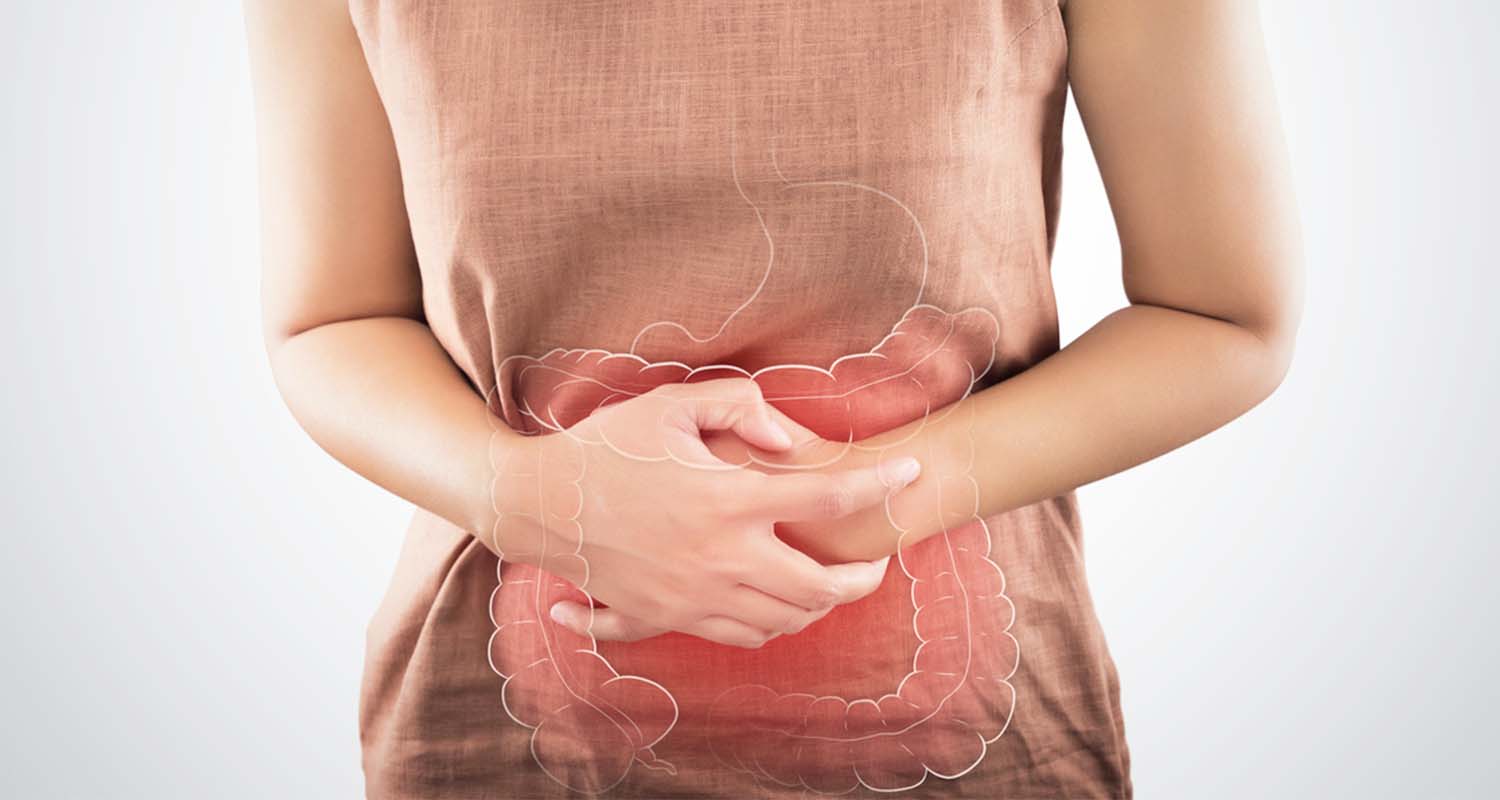
The first is that inflammation-lowering NSAIDs destroy your gut lining. Check the bottle of ibuprofen or aspirin in your medicine cabinet. You’ll see it right on the label: “NSAIDs such as ibuprofen may cause ulcers, bleeding, or holes in the stomach and/or intestine.”[ref url=”https://medlineplus.gov/druginfo/meds/a682159.html”] Long-term low-dose aspirin use is particularly likely to cause ulcers and tear holes in your intestine.[ref url=”https://www.ncbi.nlm.nih.gov/pmc/articles/PMC3607744/”]
NSAIDs work by blocking prostaglandins, hormone-like compounds that stimulate inflammation. But prostaglandins do a lot more than control inflammation, and one of their most important roles is protecting your gut and stomach lining.
When NSAIDs block prostaglandins, they also rob your gut of much-needed protection and the lining starts to break down, which can give you leaky gut syndrome. Your intestines become permeable, letting food and other molecules slip into your bloodstream and cause massive inflammation. Leaky gut can also lead to autoimmune issues.
Traditional wisdom says that NSAID pain relievers only damage your gut lining if you take them every day for a long time, but recent research disagrees. High-level athletes with stress-related intestinal damage tried taking ibuprofen to improve muscle soreness and recovery. Ibuprofen ended up damaging their gut lining even further after just a couple weeks; it increased inflammation and made their original pain issues worse.[ref url=”https://www.ncbi.nlm.nih.gov/pubmed/22776871″] In fact, a single dose of aspirin can significantly increase your intestinal permeability.[ref url=”https://www.ncbi.nlm.nih.gov/pubmed/22757650″]
This is one of the big reasons I avoid NSAIDs altogether. Using them even once can cause problems. If you’re coming out of surgery or have a major injury, it may be worth the risk, but they’re way too strong for chronic pain management or everyday aches and pains.
If you’re worried that you have leaky gut or intestinal damage (from NSAIDs or anything else), you can use this guide to repair your gut and boost your beneficial gut bacteria.
2. NSAIDs feed bad gut bacteria
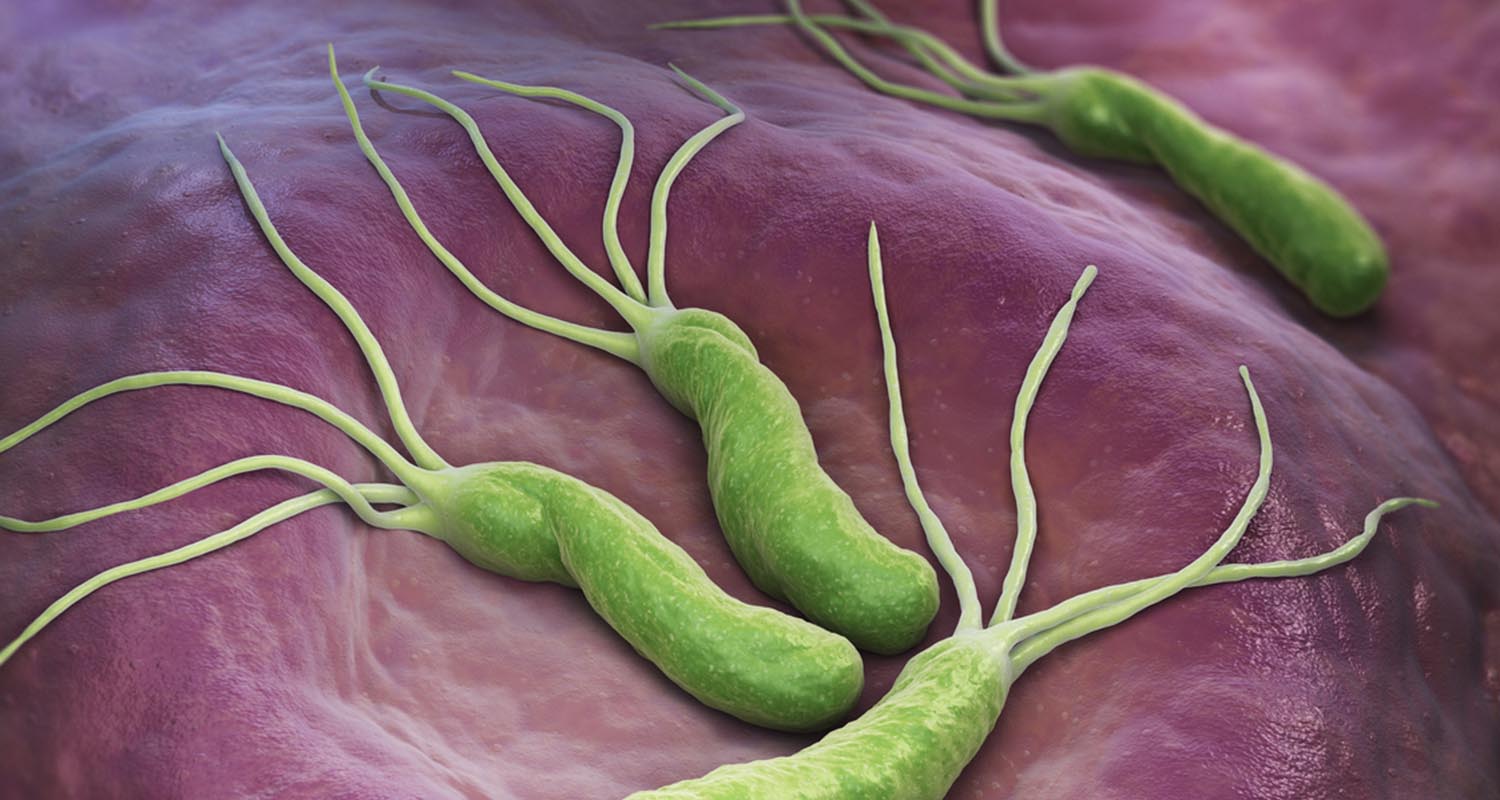
NSAIDs damage your gut lining and feed bad bacteria at the same time. That’s not good.
3. NSAIDs put you at high risk for heart attack and stroke
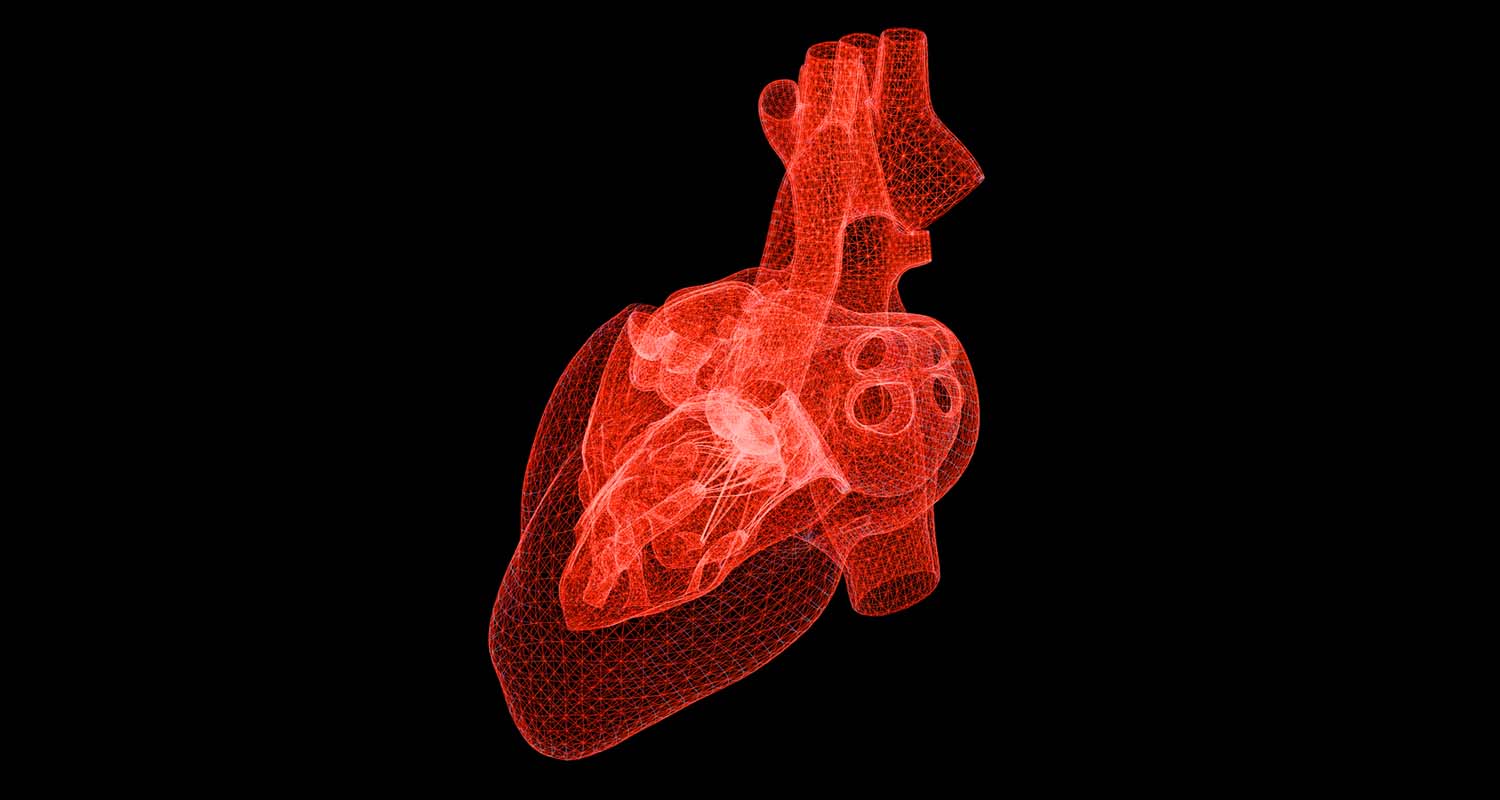
Researchers estimate that COX-2 NSAIDs (a specific type that is no longer legal) caused 140,000 heart attacks during their five years on the market,[ref url=”https://www.thelancet.com/journals/lancet/article/PIIS0140-6736%2805%2917864-7/abstract”] which led to a deeper study of ibuprofen, aspirin, acetaminophen, and other longer-standing NSAIDs used for pain and inflammation.
The FDA specifically warns that risk of heart attack and stroke increases significantly within the first week of taking an NSAID, and it gets worse the longer you take it, even if you have no heart problems to begin with.[ref url=”https://www.fda.gov/Drugs/DrugSafety/ucm451800.htm”]
Why this stuff is still available over-the-counter puzzles me. It’s very rare that the FDA issues warnings about drugs, then strengthens those warnings, but doesn’t change their legality.
Regardless, NSAIDs are bad news, and you shouldn’t take them to manage pain. Here’s the natural pain relief biohacks I recommend instead.
5 best natural pain relief hacks to use instead of NSAIDs
Instead of ibuprofen or aspirin, I use these natural pain relief biohacks to keep my inflammation low. Give them a try. You will be surprised by how good you feel.
Cryotherapy
Sudden and intense cold exposure makes you release cold-shock proteins, a special class of proteins that decrease inflammation and speed up recovery.[ref url=”https://link.springer.com/article/10.1007/s00109-014-1136-3″] To get the benefits of cold therapy, you can take an ice bath or use a cryotherapy chamber, like the one at Bulletproof Labs. Cryotherapy’s benefits go far beyond inflammation, too. Get a full breakdown of how cryotherapy upgrades your biology.
Related: 4 Minutes to Perfect Posture and Less Pain
Hot/cold compresses
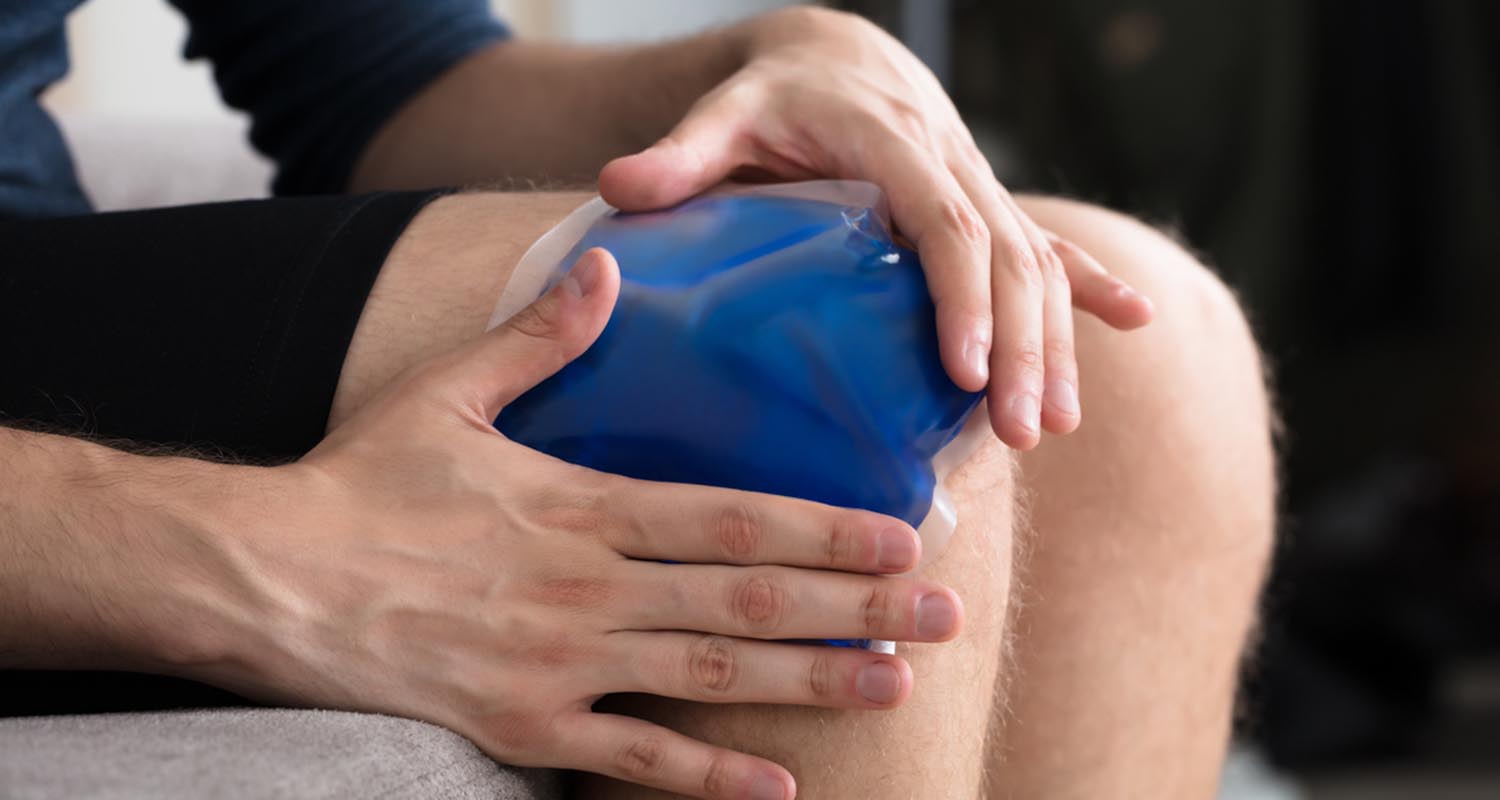
Curcumin and other herbal painkillers
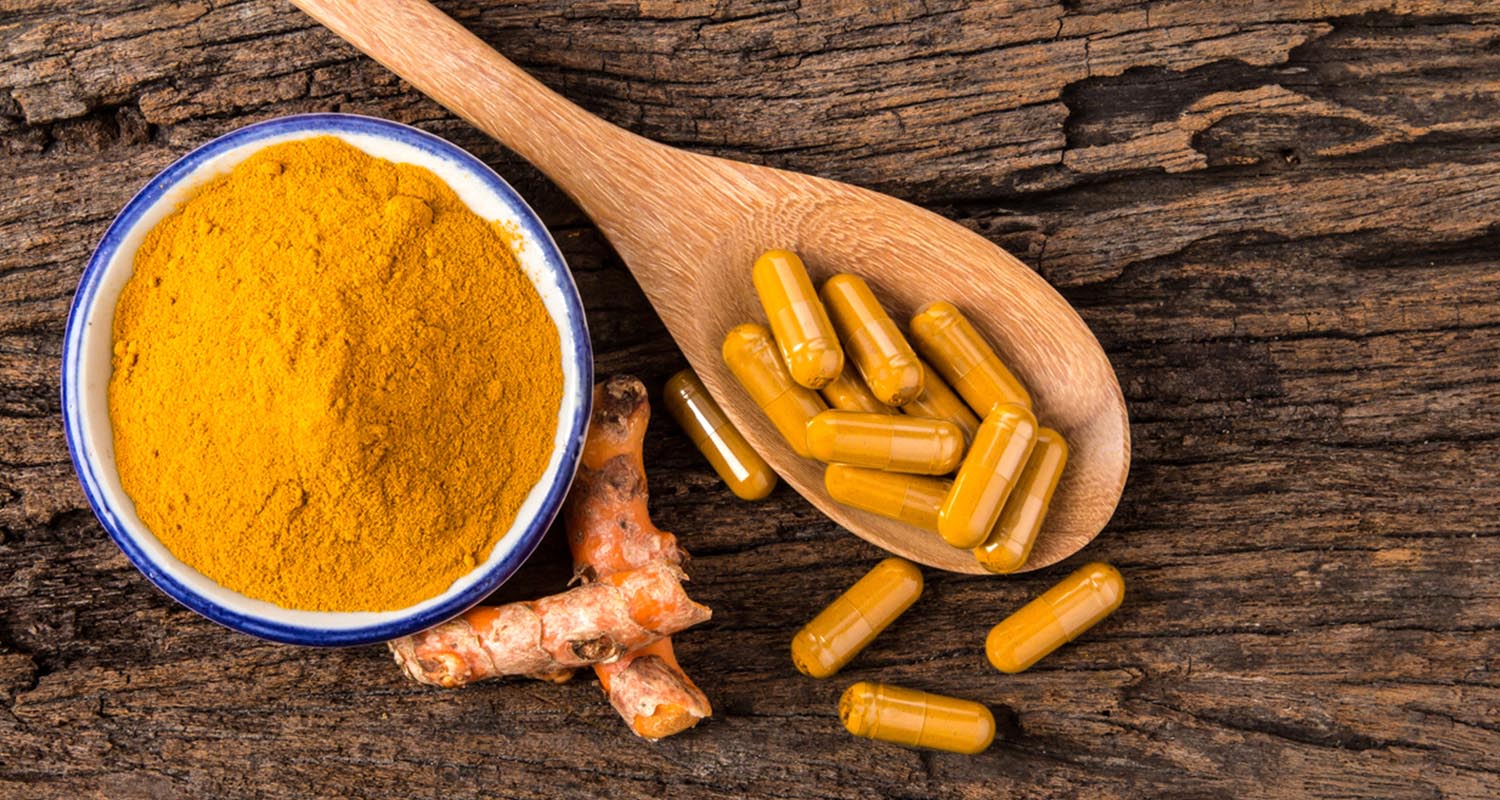
Turmeric root contains just 2% to 5% curcumin, so when reaching for a supplement, be sure you’re buying curcumin, not powered turmeric root. Curcumin is not easily absorbed by the digestive tract, so choose high-potency curcuminoids and combine with oil, since curcumin is fat-soluble. Black pepper extract (piperine), though not Bulletproof, has also been shown to increase curcumin’s bioavailability by 2000%.[ref url=”https://www.ncbi.nlm.nih.gov/pubmed/9619120″] However, some newer, high-tech curcuminoid formulas have been shown to offer the same potency levels without the use of piperine.[ref url=”https://nutritionj.biomedcentral.com/articles/10.1186/1475-2891-13-11″]
Combine curcumin with other anti-inflammatory compounds for an even stronger effect. The best-researched ones are ginger,[ref url=”https://www.ncbi.nlm.nih.gov/pmc/articles/PMC3665023/”] Boswellia,[ref url=”https://www.ncbi.nlm.nih.gov/pubmed/17024588″][ref url=”https://www.ncbi.nlm.nih.gov/pubmed/22457547″] and Stephania tetranda.[ref url=”https://www.ncbi.nlm.nih.gov/pmc/articles/PMC2365809/”][ref url=”https://www.ncbi.nlm.nih.gov/pmc/articles/PMC3950587/”]
Pulsed electromagnetic field therapy (PEMF)
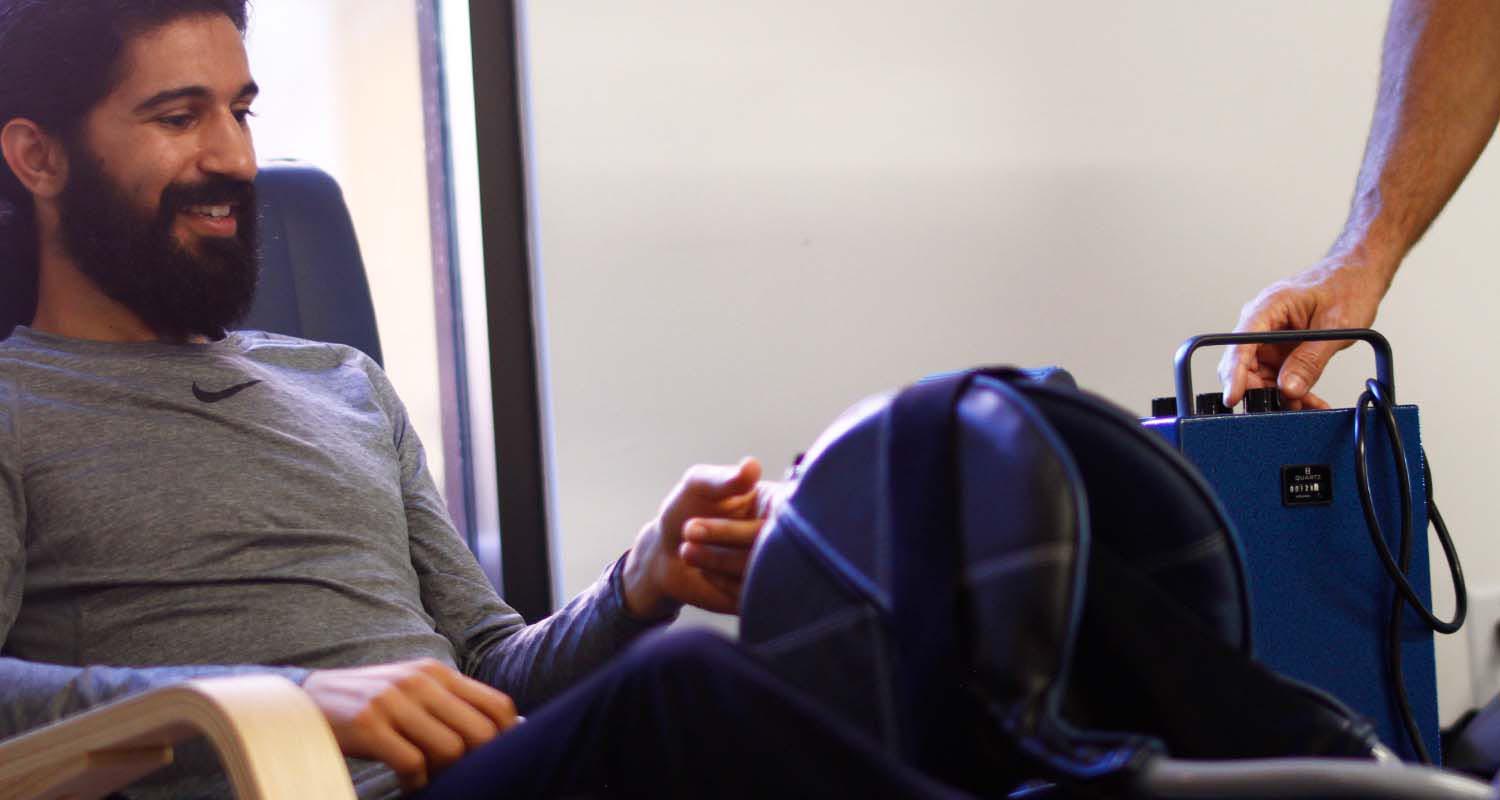
You can get PEMF therapy at a physical therapist’s or chiropractor’s office. It costs between $30 to $60 per session. Or, you can get PEMF equipment to use at home, but be prepared to pay. The cheapest PEMF mats go for $1,300 or more.
Related: The Science Behind PEMF Therapy and How It Can Fix Your Pain Naturally
Transcutaneous electrical nerve stimulation (TENS)
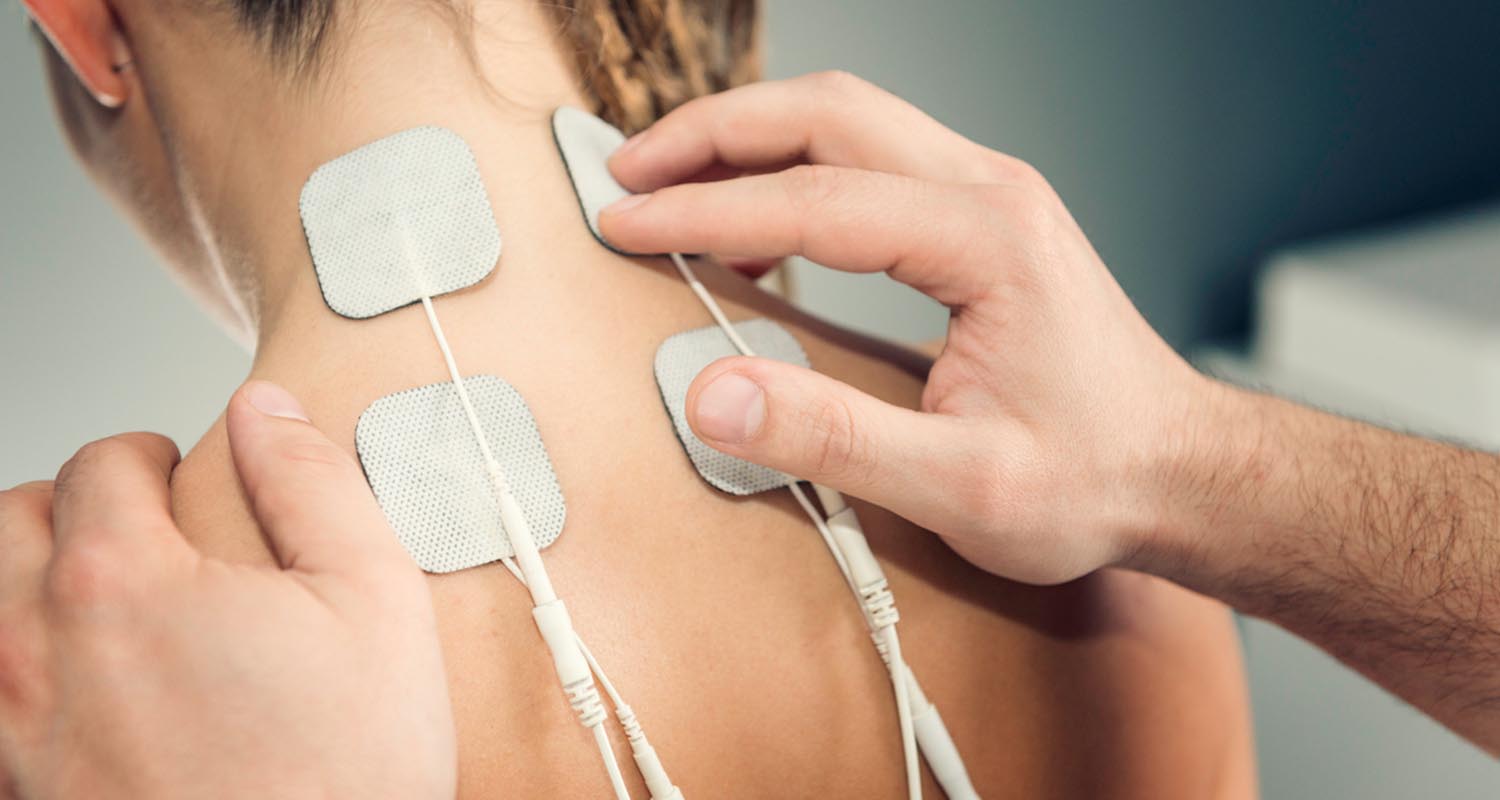
Do you have any go-to biohacks for pain or inflammation? Any bad experiences with NSAIDs? I want to hear about your natural pain remedies in the comments. Thanks for reading, and don’t forget to subscribe below for more biohacking advice.
